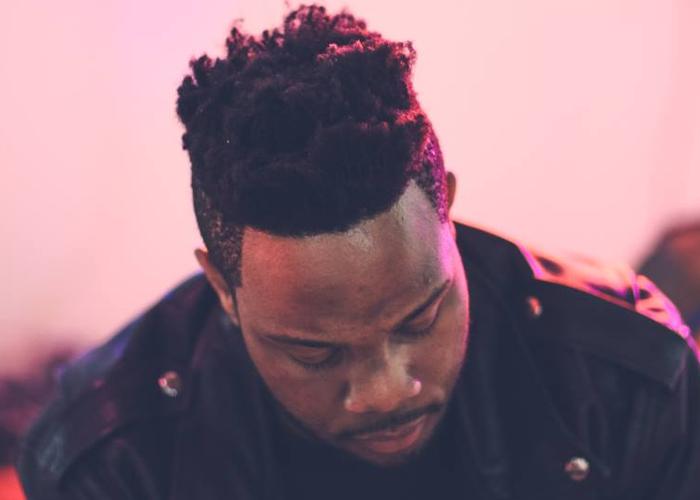Fat Tony stands at the forefront of new generation of young rappers who get it themselves—a DIY hustler who’s built his burgeoning career on a foundation equal parts smarts and swagger. The Houston MC owns the mike with a casual confidence, workmanlike in his delivery whether laidback or lyrical, embodying a new brand of enlightened Southern that’s as likely to tip back some lean on your front porch as sit down and school you on Dadaism. Through his simmering solo work and boundary-busting collaborations with Das Racist and A$AP Rocky, among others, Fat Tony has already launched a legacy.
As a first-generation Nigerian-American raised in his city’s historic Third Ward, heritage has always been important to Fat Tony. One of his earliest memories is of a parade of black cowboys riding down the local main street on MLK Day, blaring the good doctor’s speeches over zydeco tracks. His childhood home was filled with records—Kin...
Show the rest
Fat Tony stands at the forefront of new generation of young rappers who get it themselves—a DIY hustler who’s built his burgeoning career on a foundation equal parts smarts and swagger. The Houston MC owns the mike with a casual confidence, workmanlike in his delivery whether laidback or lyrical, embodying a new brand of enlightened Southern that’s as likely to tip back some lean on your front porch as sit down and school you on Dadaism. Through his simmering solo work and boundary-busting collaborations with Das Racist and A$AP Rocky, among others, Fat Tony has already launched a legacy.
As a first-generation Nigerian-American raised in his city’s historic Third Ward, heritage has always been important to Fat Tony. One of his earliest memories is of a parade of black cowboys riding down the local main street on MLK Day, blaring the good doctor’s speeches over zydeco tracks. His childhood home was filled with records—King Sunny Adé and Jimmy Cliff from his father’s collection, his mother’s jazz and soul, Granny’s gospel. He watched countless hours of music television as a kid, got his first drum kit at 8, and pummeled it to pieces shortly after seeing Nirvana on MTV.
Fat Tony became a key player in the Houston music scene as a young teen. Inspired by the independent spirits he looked up to—from the Ramones and the Germs to UGK and Slum Village—he began throwing
shows at local venues and friends’ houses. He booked bands of all types from all over, hand-made flyers and mailed them to addresses nabbed from the student directory. Meanwhile, he toured regionally and
earned a rep as a fierce performer, eventually racking up four consecutive annual “Best Underground Hip-Hop” awards from the Houston Press while studying communications at the University of Houston.
In 2010, Fat Tony self-released his debut album, RABDARGAB, a sharply stylish set named after a local literacy campaign from his youth: “Read a book, do a report, get a buck.” In keeping with the theme, he offered to send a dollar bill to anyone who listened to the record and wrote it up. (He wound up sending out $27.) Shortly thereafter, Das Racist reprised and rapped over the Murs-featuring “Luv it Mayne” for their Sit Down, Man mixtape, and legendary screw DJ OG RON C offered his “chopped up, not slopped up” version of the record, SCREWDARGAB, in 2011. In 2012, he released collaborative album Double Dragon with Tom Cruz. 2013 saw the release of his critically acclaimed sophomore album Smart Ass Black Boy. Tony's "No More" b/w "Love Me" (f/ Maxo Kream) limited edition 7" single was released with Volcom Entertaiment in April 2014. Subscribers to Volcom's vinyl club received a special colored record limited to only 300 copies.
A veteran in his mid 20's, Fat Tony knows the two most important principles of creativity: 1) no matter where his music takes him or what others may say, he alone is responsible for the quality of his work, and 2) in the man’s own words, “It’s good to be good.”
- Christopher Martins
Hide the rest















